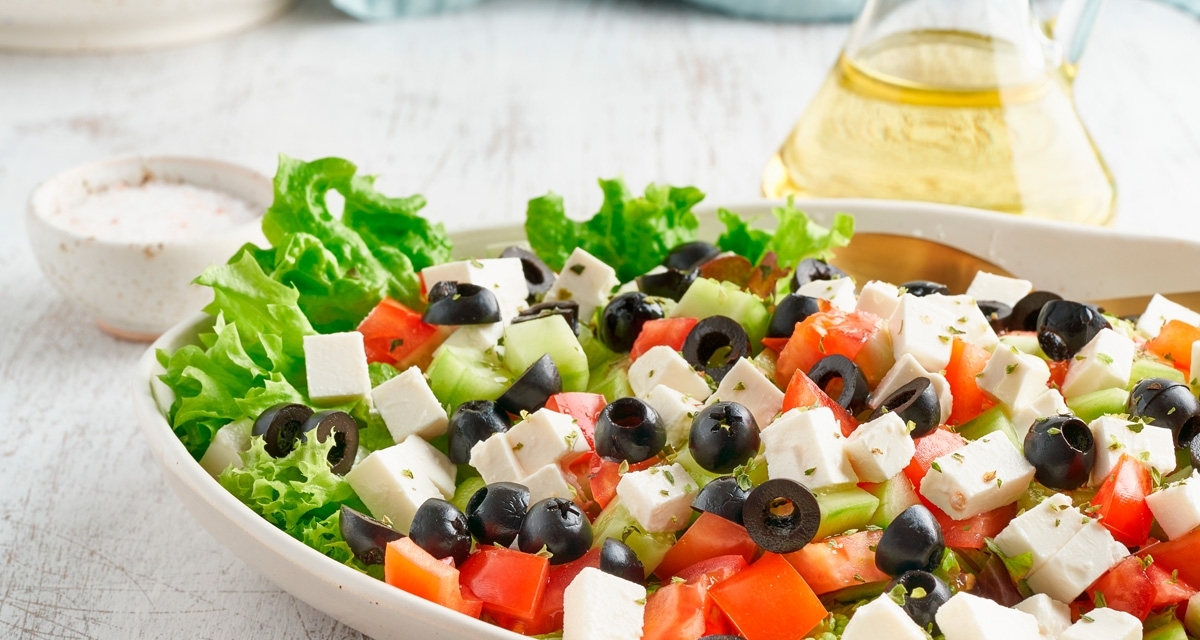
Healty food
The foods regarded as daily items in the Mediterranean Diet are practically incontestable and already exhaustively proclaimed healthy. Of course, beginning ones day with almonds, chestnuts, walnuts, dried apricots, dried prunes, yogurt and grains is known to be healthy. A meal with pasta or brown rice, vegetables and greens, a fruit dessert, and fresh fruits in the evening are all advisable in any diet. This menu comprises an extremely light diet and is absolutely adequate for our organism in the face of a lifestyle with little physical activity and great stress. Our question, therefore, is about the component in the Mediterranean Diet called olive oil.Volvemos a repetir que difícilmente uno escapa de la grasa a la hora de preparar un alimento frito, cocido o incluso a la parrilla. Y en esta hora, la mejor opción es la grasa con el menor contenido de ácidos grasos saturados posible y, otro detalle importante: huya de aquellos alimentos cuyas fórmulas son desconocidas.
We reiterate that rarely do we escape from fat when frying, boiling or grilling. Thus, the best choice of fat is one with the lowest saturated fatty acids content possible. Another important point is to steer clear of foods whose formulas are unknown. Seek the natural, without chemical additives. No unknown formulas, abbreviations or ingredients, no nebulous production processes, no miraculous discoveries, no industrialized fats. And it is not enough to identify a food with a stamp stating without trans fat, and, besides being natural fat, it needs to be free of chemical processes. Moreover, it must not originate from transgenic seeds, as occurs with some oils much vaunted by some health professionals, who present studies about this or that fat, but never provide the finer details of origin, raw materials and production processes. In the majority of cases we come across fats from transgenic seeds, harmful pesticides and production processes highly dependent on chemical products that are equally pernicious for the organism.
